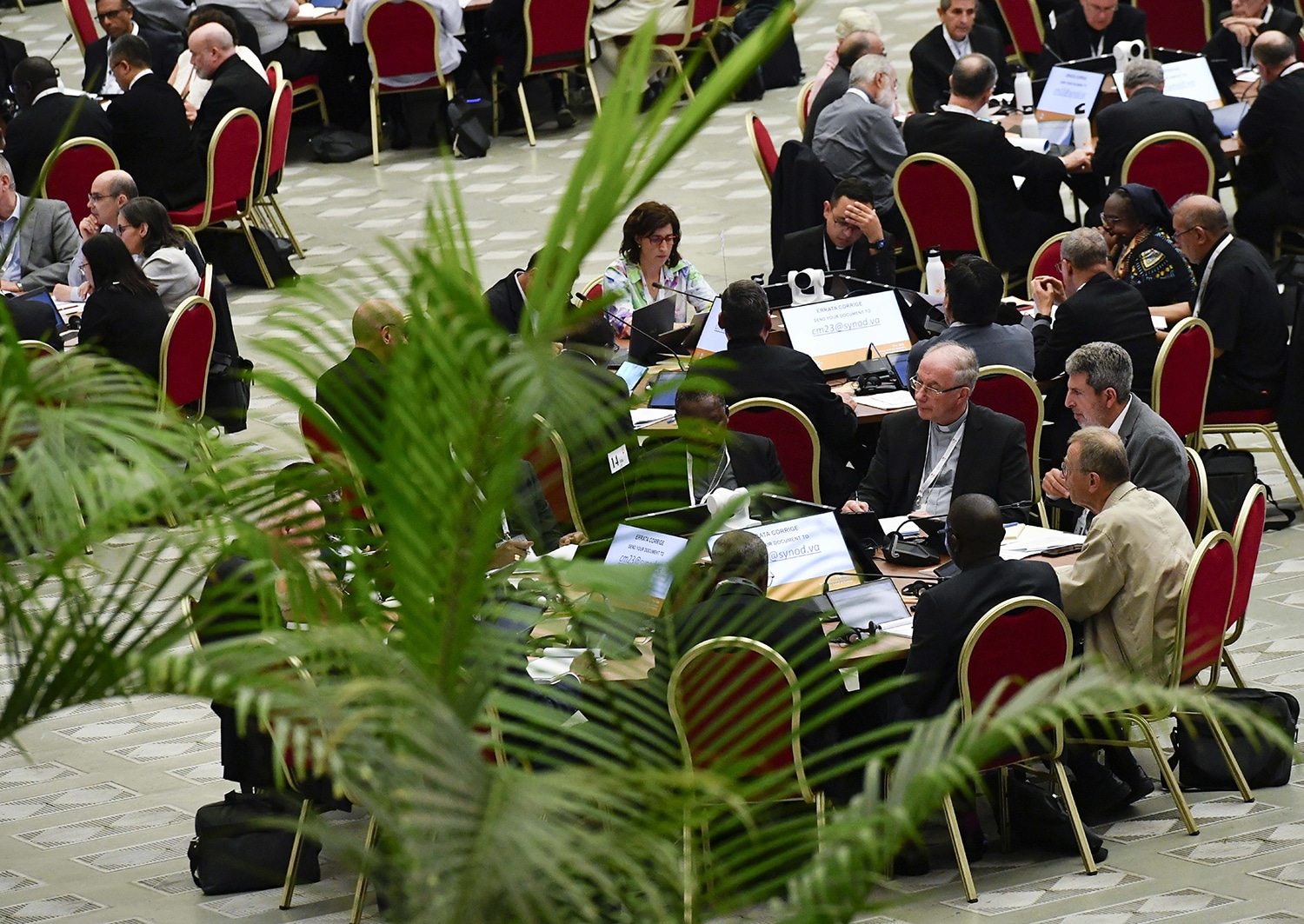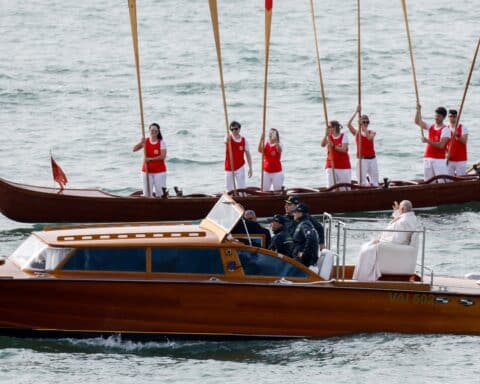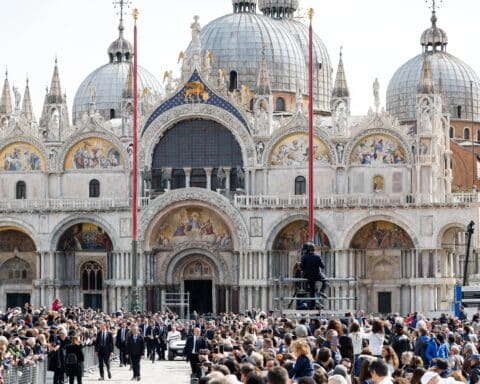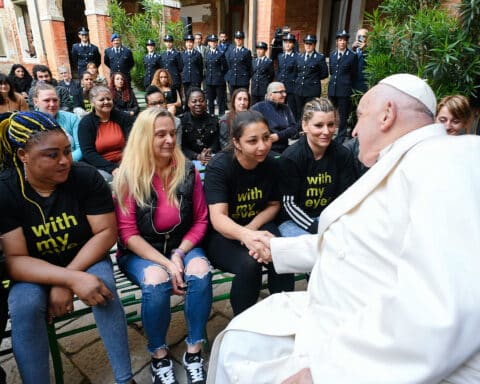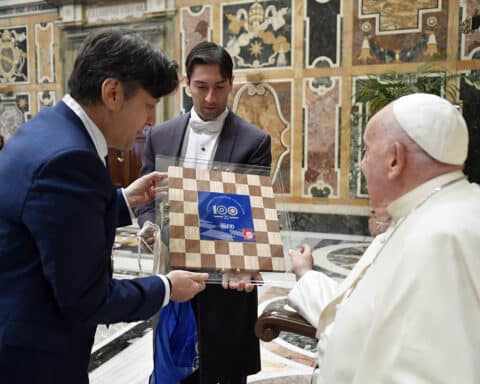A surprisingly large number of priests are said to have lately been replying “no thanks” when invited to become bishops. If that’s so, it may help explain why Pope Francis, responding to discussions that took place last October at the Synod on Synodality, has commissioned a study that will include “criteria for selecting candidates to the episcopacy.”
That is part of one of 10 topics that surfaced at the synod without sufficient time to discuss them. The pope last month said he was turning the 10 over to “study groups” composed of staff from the Vatican’s synod secretariat, other sections of the Roman Curia, and unnamed “pastors and experts from all continents.”
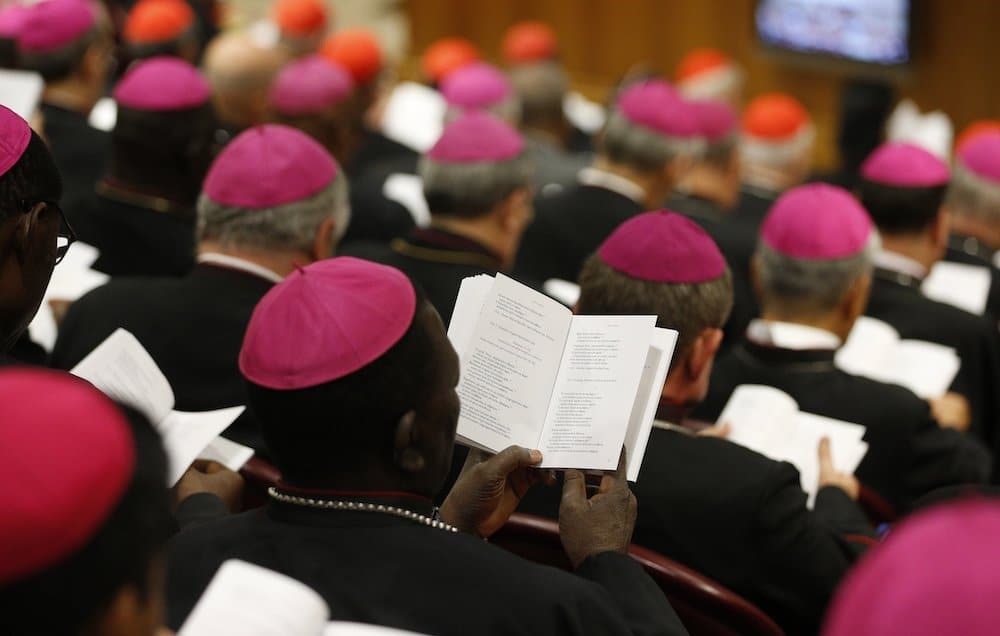
The study groups will make an interim report to the synod’s second (and presumably last) session next October and finish up by June of 2025. To whom or what they will report and to what effect are not known.
There may, of course, be less to this than meets the eye. But even though most topics on the list are unremarkable, at least one — “Theological criteria and synodal methodologies for shared discernment of controversial doctrinal, pastoral, and ethical issues” — could refer either to something big or not much at all. I’ll get back to that.
If I am making too much of too little here, pardon the fault. After three years of synodal discussions and meetings, one is still hard put to find much substance in the output from the process.
In that judgment, I include the “synthesis report” prepared by the Vatican’s synod secretariat summing up deliberations at the first synod session. Unfortunately, this document exhibits rhetorical chutzpah in making the unverified and unverifiable claim that, in the synod, “the Holy Spirit has gifted us with an experience of the harmony that He alone can generate.”
Some warning signs
Meanwhile — and unlike people close to Pope Francis, bishops whom Rome is asking to keep the synodal machinery churning locally, Church administrators who see themselves with a potential stake in all this, and the Catholic press — it is difficult to discern much interest yet in synods and synodality among the people in the pews.
In late February, the University of Notre Dame sponsored a session on the synod for bishops. While the tone of this well-attended but low-visibility gathering is said to have been hopeful, some warning signs appeared here and there.
Thus Notre Dame theologian John Cavadini, principal organizer of the meeting, found in the synod secretariat’s summary “at best a variety of Protestant ecclesiology” and at worst a version of synodality that gives scant recognition to “the Church as mystery.”
And in a paper on Church tradition as a key component in discerning the content of faith in a synodal context, theologian Christopher Ruddy of the Catholic University of America said tradition performs the important function of being a corrective to “the temptation of thinking that we know better today than our predecessors did.”
By way of example, Ruddy cited pressure for change in Church teaching on sexual morality and on ordaining women as priests. He asked, “Do we want to hold that two millennia of constant, unbroken teaching on human sexuality and ordained ministry are mistaken and need to be changed on the basis of purportedly greater insight?”
While pondering that, take another look at the mystery topic, quoted above, found among Pope Francis’ questions for consideration by 10 study groups apart from the synod itself: “Theological criteria and synodal methodologies for shared discernment of controversial doctrinal, pastoral, and ethical issues.” I’m keeping my eye on that one.

